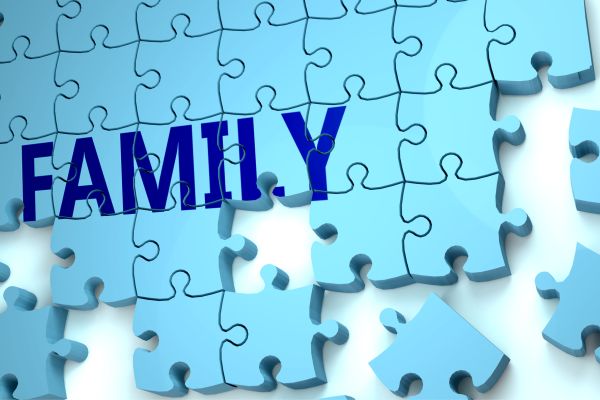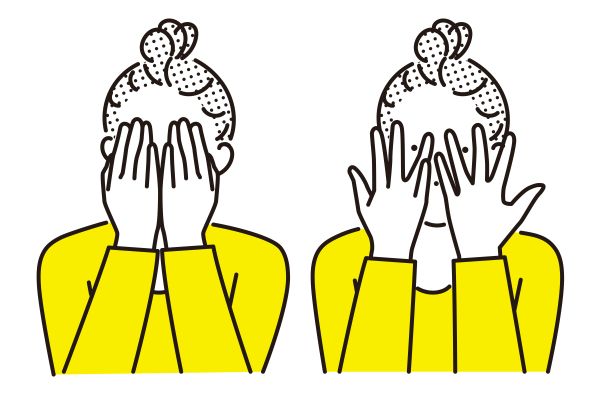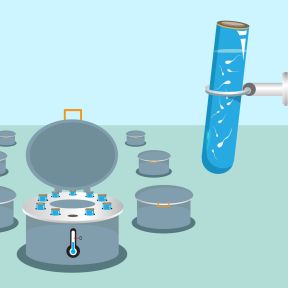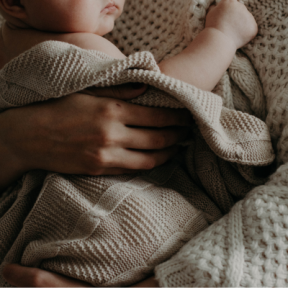What Is Adoption?
Adoption is the process by which an adult legally and permanently takes over parental responsibility for a child and, at the same time, the rights and responsibilities of the child’s biological parent(s) or legal guardian(s) are terminated. In rare cases, an adult may adopt another adult.
On This Page
- What is the psychological significance of adoption?
- How common is adoption?
- How do adoptees feel about being adopted?
- What are the psychological effects of adoption?
- What is “adopted child syndrome”?
- Does adoption carry a stigma?
- Is adoption good or bad for children?
- How do birth parents feel about placing their children for adoption?
- How do foster care and adoption relate to one another?
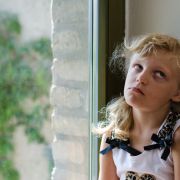
Families have been formed by adoption for centuries; in recent years, psychologists have begun to investigate how adopted children and their adoptive families navigate their lives together. In an attempt to help children who have been adopted adjust and thrive in a new home, and to understand why problems may arise, studies look at the genetic as well as both prenatal and postnatal environmental influences on the development of children who have been adopted.
Other areas of interest to mental health professionals and researchers are the post-adoption experience and mindset of new parents and the adjustment of siblings, who—while they may be excited about the addition to their family—are often faced with unexpected emotional challenges of their own.
To learn more about the post-adoption experience and how to help kids thrive, see Helping Kids Flourish in a New Home.

Recent statistics from the U.S. State Department indicate that approximately 3,000 children were adopted from other countries in 2019. Data from the Children’s Bureau indicate that 66,000 children were adopted out of foster care in 2019. The National Council for Adoption indicated that 18,239 infants were adopted in 2014, the most recent year that data was available.
To figure out which type of adoption may be best for a particular family, see The Process of Adoption.

Adoptees often experience a wide range of emotions related to their adoption. Many report a close relationship with their adoptive families and always feeling like they “belonged”; some say that they feel grateful to their adoptive parents for the life they provided. On the other hand, many adopted children and adults share challenges with identity formation or feelings of abandonment related to being placed for adoption. They may feel as if they don’t truly fit in with their adoptive families and may wonder what their life would be like if they hadn’t been adopted.
Similarly, many adoptees who were raised in closed adoptions desire to find and meet their birth families; others, however, find that they have no interest in doing so and are content with the familial relationships they have. Some adoptees have very negative views of adoption, often as the result of trauma or other negative experiences; a small number of adult adoptees advocate against the practice entirely.
To learn more about the adoptee point of view, see The Adoptee Experience.

Adoption is complex, and adoptees themselves vary widely in their psychological response. Most must navigate feelings of loss and/or questions of identity formation, while a subset cope with traumatic experiences. Some adoptees, as a result, struggle with psychological disorders, behavioral challenges, or a sense of “not belonging” that can negatively affect their mental state. Cultural myths about adoption—like that adopted children should feel grateful for being “saved,” or that adoptive parents cannot love adopted children as much as they love their “real” children—can contribute to negative emotional and psychological effects.
Despite these obstacles, however, many adoptees grow up happy and well-adjusted. Adoptees who have close, honest relationships with their adoptive parents—and their birth parents, if applicable—may be more likely to feel secure in their identities and more capable of navigating adoption’s challenges.
To learn more about how families can overcome obstacles and help children thrive, see Raising an Adopted Child.

“Adopted child syndrome” is a widely-debated and controversial term used to describe the emotional and behavioral challenges that adopted children may experience. The “syndrome” encompasses issues with bonding and attachment as well as problematic behaviors like defiance or violence. It was not included in the latest version of the DSM and is not currently considered a validated diagnosis.

Adoption is a complex subject that is subject to misunderstandings, myths, and stigma. Narratives that adoptive parents “saved” adopted children can be hurtful to adoptees and birth families; on the other hand, widespread beliefs that adoptive families aren’t “real” or that adoptees are not as well-loved as birth children can similarly harm parents and children. Both adoptive parents and adoptees may confront false claims about adoption regularly; it is up to them whether they want to ignore them or educate the speaker.
To learn how to combat stigma and prepare for possible negative comments, see The Process of Adoption.
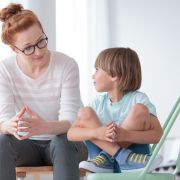
Adoption is not one-size-fits-all, and narratives that try to paint the practice as all good or all bad are likely missing some critical nuance and the wide range of possible experiences. Some adoptees report feeling supported and nurtured by their adoptive families; others feel misplaced or struggle with feelings of abandonment, grief, or guilt. As with biological children, there are sadly cases where adoptees were subject to abuse or trauma after being adopted.
Adoption has long been discussed in black-and-white terms—children who experience were painted as either “saved” or “traumatized,” with little room in-between. Recently, more nuanced discussions that incorporate the stories of adult adoptees suggest it is neither universally good nor universally bad; rather, the outcome depends on a wide variety of factors including the parent’s (or parents’) behavior, the child’s genetic makeup and personal history, personality traits of both parties, and the environment in which the child grows up.
To learn more about adoptees' perspectives on adoption, see The Adoptee Experience.

Placing a child for adoption can be an emotionally complex process. While some birth parents report feeling sure in their decision and happy to see their birth child grow up with their adoptive family, others struggle with feelings of guilt, sadness, or regret. All of these emotional responses are valid, and birth parents should not hesitate to seek support if necessary. Before making the decision to place a child for adoption, birth parents should strive to learn as much as they can about the process, consider their own expectations for contact, and read or hear other birth parents’ perspectives to get a sense of what adoption might mean for them.
To learn more about what adoption is like for birth parents, see The Birth Parent Experience.

Foster care can be the first step of a child’s journey toward being adopted, but it isn’t always. Some children who are placed in foster care are eventually reunited with their families; others remain in foster care until they age out, while still others are placed for adoption after their families of origin relinquish parental rights. While children adopted from foster care may have special emotional and physical needs—which parents should mentally prepare themselves for before embarking on their adoption journey—adopting from foster care can be a rewarding (and lower-cost) way to form a family.
For more about forming a family through foster adoption, see Foster Care and Adoption.

